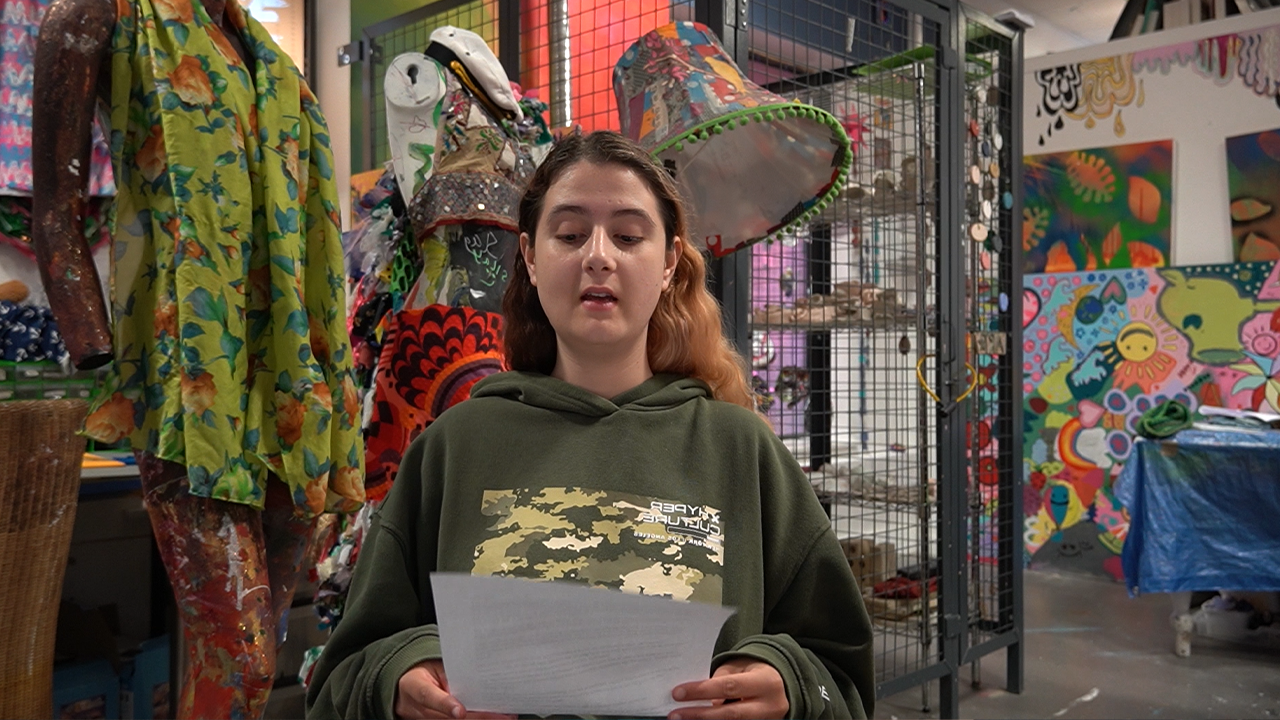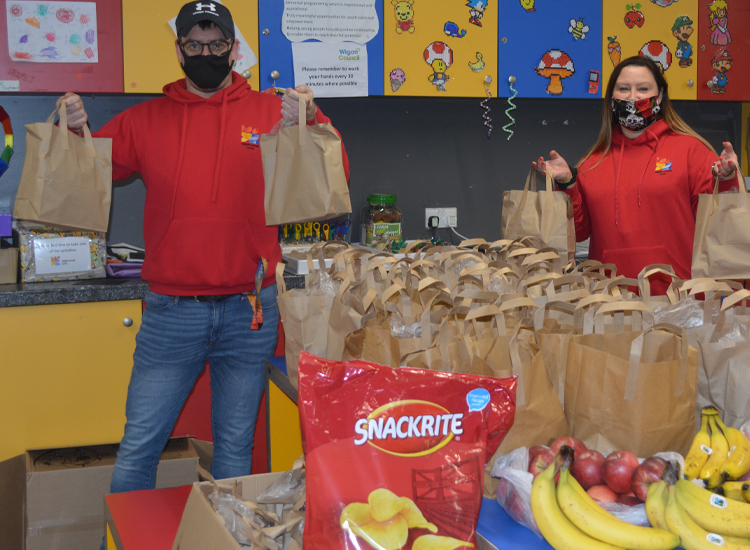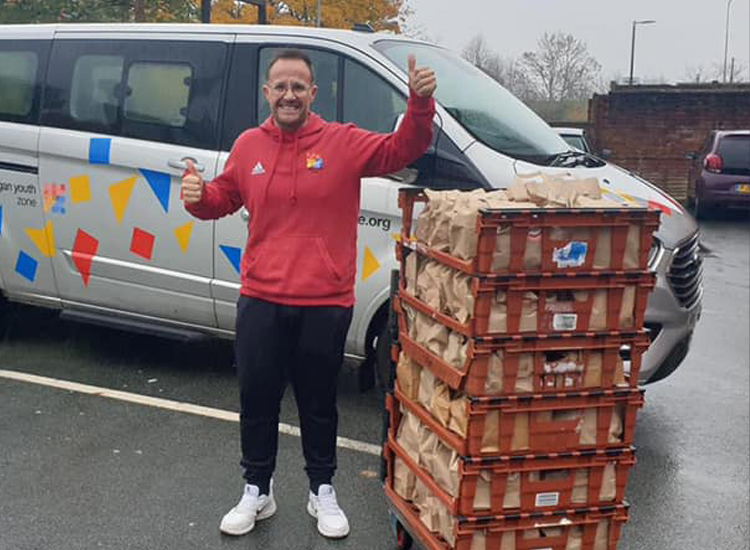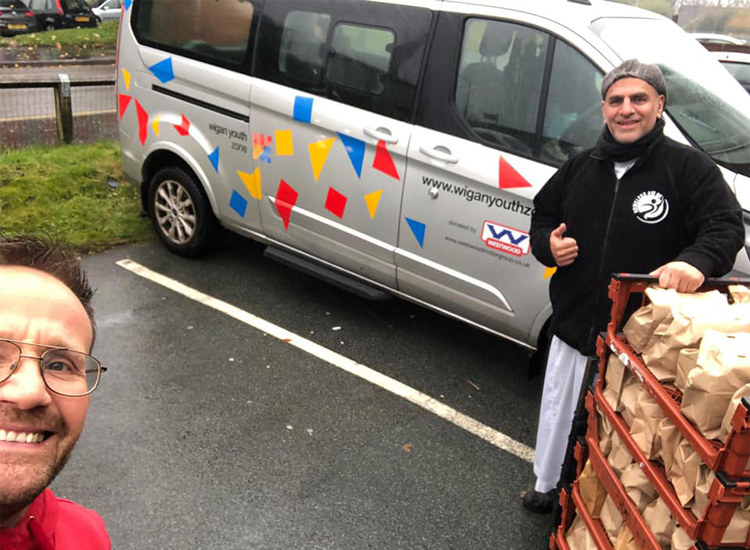
- OnSide’s Generation Isolation Report reveals 39% of young people in England aged between 11 and 18 have turned to AI chatbots for advice, support or company.
- In the Northwest, that figure is 38% showing how many young people are relying on technology for connection.
- 21% say it’s easier to talk to AI than to a human, while 33% report feeling lonely.
- This use of tech for companionship and advice is shown against an underlying trend of loneliness in young people with 33% reporting high or very high levels of loneliness** in the North West.
- Young people crave in-person friendship but report a lack of opportunities to meet new people. 49% said spending time with friends in real life helps them feel most connected.
- Young people say real-world spaces are crucial with 15% saying affordable, in-person social spaces and activities like those offered by Wigan Youth Zone would improve their lives outside of school.
Youth charity Wigan Youth Zone part of the OnSide Network, warns that growing digital dependence and lack of real-life social spaces is driving loneliness and disconnection in young people — as new research published today highlights that 31% of young people in the North West are turning to AI for advice, support or company.
OnSide’s Generation Isolation 2025 is the largest annual study of its kind into the way 11–18-year-olds spend their free time outside of school, based on a survey carried out by YouGov of 5,035 young people in England.
Now in it’s third year, the report shows that 26.45% of this age group is lonely while 41% reports high or very high levels of anxiety.
Of those who turn to AI, 17% are seeking help with feelings and emotions like stress, sadness and loneliness. A further 16% say they are looking for advice about friendships whilst 10% want someone to talk to.
These findings highlight just how vital spaces like Wigan Youth Zone are for helping young people in the North West access the support, friendship and connection they now seek online.

Young people in North West and AI
When asked why they use AI, 59% in the North West responded that they use it for schoolwork or revision, 54% say it’s quicker, and 21% because it’s easier than talking to a real person. 9% say it’s because they didn’t have a friend or anyone else to turn to and 11% say it’s too embarrassing or awkward to talk to an adult.
However, when it comes to levels of trust in what chatbots are telling them – only 7% of young people who use a chatbot say they trust it more than a real person, revealing a tension between what is easy for young people, and what genuinely provides the most appropriate support.
A post-pandemic death of real-life social interaction is taking its toll on young people, with 37% stating they do not have opportunities to meet new people or make friends beyond their social group outside of school.
76% of young people spend most of their free time on screens, a figure that has remained steady since 2023, and 49% of young people spend the majority of their free time in their bedroom.
Digital friendships
As online friendships and AI interactions fill the gap left by fewer real-world opportunities, young people are finding that quick digital connection often lacks the depth, trust, and belonging they crave.
53% say using social media and the internet makes friendship easier, 49% say being in person with their friends drives real connection. 39% believe someone can be a real friend if you have never met them in person. However, young people are also struggling to navigate how to communicate and maintain friendships through their phones. 52% say they have had a negative friendship experience online during the past year, and of those, 41% said it led to feelings of anxiety, 33% suffered a lack of confidence, and 26% experienced loneliness.
Young people are clear that real-world spaces matter with 12% saying affordable, in-person social spaces and activities would improve their lives outside of school. Youth clubs like Wigan Youth Zone offer this – social, safe and affordable spaces for young people to make new friends and try new things. While 92% of those attending a youth club reported it had made a positive difference to their lives and 56% of those saying this because they had made new friends, only 13% of young people surveyed attend a youth club.
Wigan Youth Zone supports over 1000 young people in Wigan and Leigh each week to make friends, gain vital youth worker support and to take part in engaging and fun real-life activities. Young people say attending Wigan Youth Zone helps them feel happier, more confident and more connected to others in their community.

To read the full Generation Isolation report visit: www.onsideyouthzones.org/generationisolation







 Hannah has a passion for youth work and creating safe spaces for young people to express
Hannah has a passion for youth work and creating safe spaces for young people to express 


















































